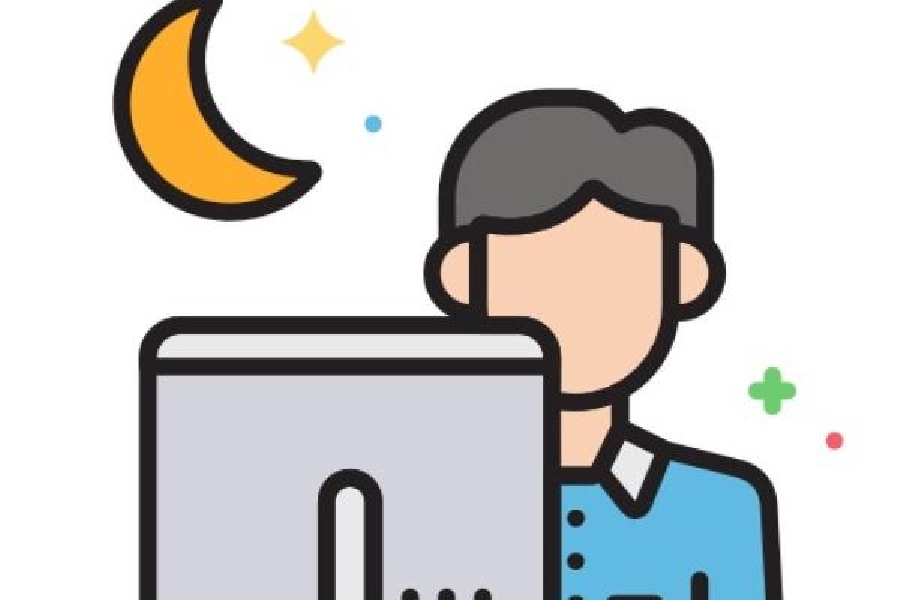The Indian Olympic contingent, hearteningly, does not believe in the adage, ‘You snooze, you lose.’ In fact, it is quite the opposite. At the Paris Olympics, Indian athletes will be accompanied by a ‘sleep adviser’ who will ensure that the athletes are not sleep-deprived. They will also be given access to exclusive sleeping pods built by the Indian Olympic Association and be provided with travel sleep kits — will these include Bengal’s beloved pashbalish? — to facilitate restful sleep before their performances. Why, one might wonder, is the prospect of losing good sleep giving the Olympic contingent sleepless nights? The reason is not hard to seek: data suggest that even tiny tweaks in the sleep schedule can improve athletes’ reaction time by 11%, jump height by 10%, and sprint performance by 4%. Perhaps the titans of industry, who spare no opportunity to extol the virtues of a 70-hour workweek, should consider how rest can enhance a person’s performance.
But the Olympians are not the only ones losing sleep over catching up on the nocturnal 40 winks. The global sleep industry is expected to touch $102.07 billion by 2031 and it straddles such diverse fields as the music business, which is churning out white and green noise numbers to lull people into slumber, as well as the nutraceutical and pharmaceutical companies, which are manufacturing drugs and supplements to bring a good night’s rest to consumers. This boom is not surprising: a decade ago, the Centers for Disease Control and Prevention in the United States of America had declared sleeplessness as a health epidemic. Recent research published in One Earth shows that an average person is already losing 44 hours of sleep a year because of the warming planet: this number is only going to rise. The effects of sleeplessness on physical and mental health are well-documented — among other ailments, lack of sleep can exponentially increase the risk of high blood pressure and cardiovascular diseases, not to mention depression and anxiety. Worryingly, a study at the University of California, Berkeley, revealed that lack of sleep also diminishes one’s ability to empathise and be altruistic, traits that lie at the core of what it means to be human.
These figures, indeed, are scary enough to leave people tossing and turning. And that
is exactly what is happening. The proliferation of data on the importance of sleep, ironically, has led to sleep anxiety — worry about not being able to fall asleep — which is making people stay awake longer. That cultures have often equated repose with unproductivity has not helped matters. Moreover, sleep, like many other resources, is increasingly becoming an inequitable resource, accessible to those with the means to drift off. A socioeconomic analysis of sleep in India — Indians are the second-most sleep-deprived people on the planet, getting a measly 77 minutes of REM sleep a night — has revealed that the poor and socially disadvantaged minorities sleep less on an average than the wealthy. This should give the conscientious politician — is there such a species? — wakeful nights.










